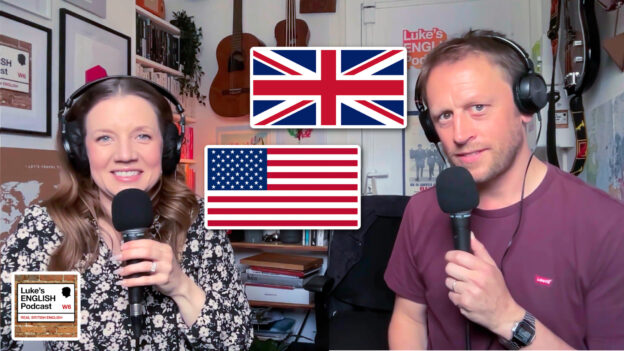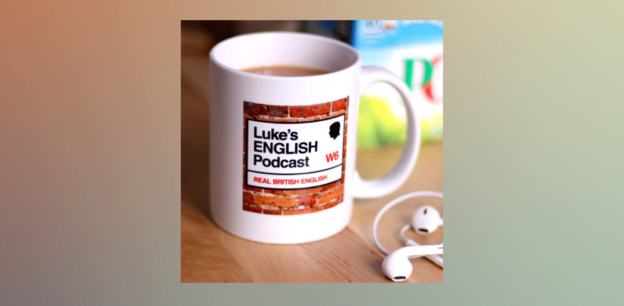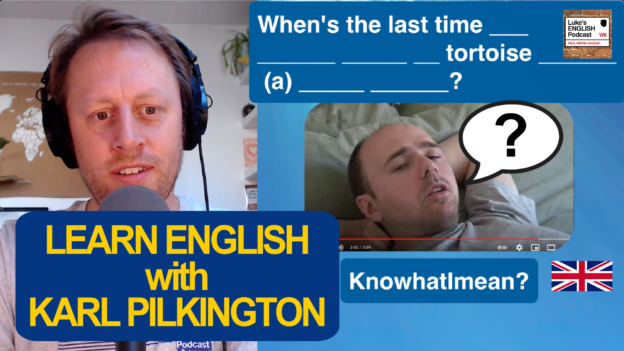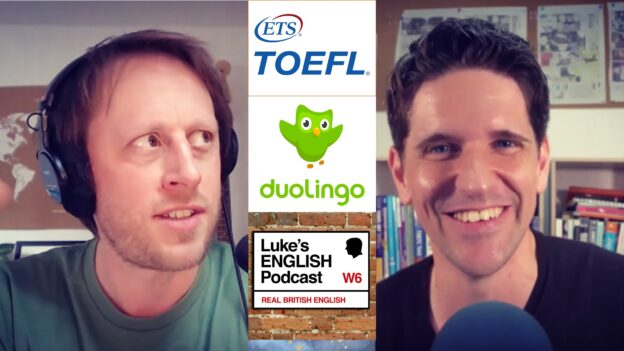In conversation with Mysterious Al, a contemporary artist / street artist from London now living in Melbourne, Australia. The conversation covers Al’s background, how he makes his art, the difference between street art & graffiti, attitudes towards graffiti, how Al needs to use social media (but doesn’t like it!) his recent ghost train exhibition, and more. Al’s Instagram https://www.instagram.com/mysteriousal/ Al’s website https://www.mysterious.al Video version also available.
Video Version with images and subtitles
Visit Mysterious.Al
Visit Mysterious Al on Instagram
Introduction Transcript (audio version)
Hello everyone,
Welcome back to the podcast. I hope life is treating you kindly today and that you’re not being rained on, or baked by the sun or stuck in traffic or being chased by a bear or something. If you are being chased by a bear, well done for managing to press play on this episode of the podcast while also attempting to escape, and good luck. Maybe play this episode to the bear and he (or she) will suddenly become absorbed in the fascinating conversation that you’re going to hear in this episode, and then you can become friends with the bear and bond over a mutual love and interest in listening to Luke’s English Podcast. Or just throw your phone at the bear as hard as possible and hope that it just leaves you alone, I don’t know, but good luck with that.
OK, now I’ve got that out of my system, let’s start properly.
Welcome to this episode. This one is a conversation with Mysterious Al.
Mysterious Al is an artist from London, now based in Melbourne, Australia.
Al is known as a street artist. He is also a contemporary artist in the more conventional sense, but he is often been called a street artist.
So we’re talking about art here, contemporary art, but more specifically street art, and street art is similar to graffiti but it’s not exactly the same thing. We’ll discuss that during this conversation (the difference between graffiti and street art) as well as lots of other things.
Al used to live in London and was working there at around the same time as Banksy, who is probably the most well-known name in this particular world. You’ve heard of Banksy, right? Banksy is famous for his stencilled street art in the UK, particularly in London and in Bristol.
So, Al is a contemporary of Banksy and was part of the same scene as him in London..
These days Al still displays art work in outdoor urban areas but he also produces canvases, fine art prints, and NFTs in his studio, which he exhibits and sells privately.
A canvas is a work of art on a canvas, in the traditional way – a wooden frame with some canvas stretched over it, and then a painting is done on that surface and it’s then presented or exhibited in a gallery. So Al does canvases, and also NFTs, which are a fairly new thing. NFTs in the art world are basically original, unique digital art works which can be bought and sold online, but not copied. If you’re not sure what NFTs are, and blockchains and stuff, then listen on because we do explain that stuff.
So these days Al works in his studio in Melbourne creating canvases and NFTs, and putting on interesting exhibitions but he also works with councils and brands, making huge murals for buildings, and various other projects.
Al is an amazing artist, his work is really distinctive, and he’s also just an interesting person to talk to and so I thought it could be fascinating to interview him about his art, the specific ways that he makes it, and generally to make an episode about the issues related to street art, graffiti, and what it’s like to be a working artist today.
I hope you find it interesting and that you are motivated to keep listening.
By the way, this podcast is for adult learners of English around the world. I say that because some people listening to this or watching this might not know that. This is a podcast for people in different countries learning English and who want to listen to natural, authentic conversations as a way of developing their English skills.
This conversation might be a bit difficult sometimes because it’s not graded for a particular English level, but I have made a premium episode series in which I explain a lot of phrases that come up in this conversation. If you listen to that and use the accompanying pdf, it’ll really help you to understand this episode properly and you’ll definitely learn more English vocabulary from it, as well as work on your pronunciation too. So, to get the most from this, you could check out Luke’s English Podcast Premium series P42 and you can get it in your podcast app through Acast+ by signing up at www.teacherluke.co.uk/premium
So, English learners, we’re about to start this episode, but to get your mind in the right space for this, which will help you understand it all a bit better, here are some questions for you to consider.
If you like, you can discuss these questions maybe with your English teacher or conversation partners in English, or just on your own, out loud or in your head.
Some questions for you
We’ll start with graffiti
- Do you live in a place where there is graffiti?
- Do you see graffiti around you?
- What do you think when you see graffiti? How do you feel about it?
- Is graffiti a form of art? Or is it a crime? Or both?
- What do you think when you see a piece of graffiti in a certain spot which must have been very difficult to reach, like high up on a building, or next to the train tracks?
- Who is graffiti for? What’s the purpose of it?
- Do you know the names for the different types of graffit or street art?
- Tags, Posters (paste up – paper posters which are pasted to walls with paste), Stencils, Stickers (slapped onto walls, signs etc), Murals (large pieces on walls), Blockbuster murals (huge pictures that take up the entire sides of buildings), Wildstyle – which is the large letters and words painted on a wall or train or something in a very stylised way
And other types probably
This conversation is not all about graffiti though, it’s also about art and the life of an artist.
- What do you think of the world of art?
- The way art is presented to people, and also bought and sold?
- There’s the big, famous, expensive pieces, but also plenty of other art which is made and sold every day at much more reasonable prices.
- Where should art be exhibited? Just in art galleries? Or other places?
- Do you find it interesting to look at art in galleries or do you think they could present art in a different and more exciting way somehow?
- What do you think the life of an artist is like?
- How do they spend their time?
- What are the challenges and the advantages of living as an artist?
- How might social media be important for artists today?
- Which platforms do you think artists can use?
- What might be the good and bad aspects of having to use social media as an artist?
- Do you know what NFTs are?
- Have you ever heard of NFTs?
- What is a block-chain?
- How could NFTs and blockchains change the way digital artists sell their work?
I could go on, but I think that’s enough in terms of questions and info to get you in the right headspace for this conversation.
This is a long episode. No need for me to make it even longer here in the introduction, but you know – you can listen to as much or as little of this as you like. You can pause and continue later, and that is the joy (just one of the joys) of podcasting.
Personally, I hope you listen until the end. I’ll have another little word with you then.
But now, let’s meet Mysterious Al and here we go…
Visit Mysterious.Al
Visit Mysterious Al on Instagram
https://www.instagram.com/mysteriousal/
ENDING Transcript
So that was Mysterious Al. I really enjoyed catching up with him after not having seen him for over a decade. He’s exactly the same as he used to be which is nice.
You might be thinking – Luke you didn’t ask him about Banksy!
You said that he used to hang around with Banksy in London.
So, has he ever met him and does he know the true identity of Banksy?
Banksy is a fascinating figure and part of the intrigue and mystique is that we don’t know who he is.
I asked Al by email if he has met him and if he can tell us his true identity.
This is his response.
Yes I have met Banksy, a few times. I think everyone who’s been in the London scene a long time would have crossed his path, but nobody would ever give away his identity because it would give away the fun and he’s worked so hard to protect it.
There are various theories about who Banksy is, including that he’s a member of Massive Attack or that he’s one of the founding members of Gorillaz the band, or even that Banksy is not just one person. I guess we will never know, which is all part of the mystique.
Anyway, this episode was not about Banksy, it was about Mysterious Al, and if you are curious about Al’s work, yes you can find him on Instagram, but also his website is a great place to go if you want to find out about exhibitions in Melbourne, and also if you want to buy some of his work. Mysterious.al
That’s it!
Remember, P42 is all about phrases from this conversation – not just language to describe art, but any phrases which I think you might not have noticed, or understood and which could help you push your level of English higher and higher. Check it out at teacherluke.co.uk/premium
That’s it, cheers!









